
How the cognitive skills of slime mold and octopus challenge our understanding of intelligence
The cognitive skills of slime molds and octopuses challenge our understanding of intelligence. These primitive animals offer us a lesson on life’s fragility and the interconnectedness of humanity with the natural world. The fact slime molds and octopuses do not think like us, does not give us the right to destroy them.

Understanding the reality of broken heart syndrome
Nobody says, “Follow your liver” or “Absence makes the kidneys grow fonder.” Only a comedian would say, “The pancreas has its reasons, of which reason knows nothing.” I am referring here to Pascal’s famous saying, The heart has its reasons, of which reason knows nothing. And no doctor has ever claimed that their patient died of a broken brain. These expressions and metaphors reflect centuries of folk wisdom and are surprisingly closer to recent discoveries in cardiac function than science previously assumed.
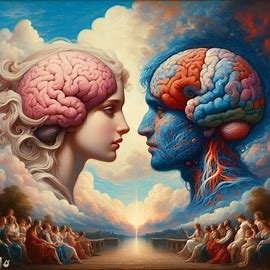
A Short Journey Into Male and Female Brains
Exploring gender differences in brain architecture
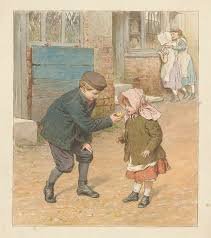
To Raise Empathetic Children, Lead By Example

In Praise of Grandparents*
Grandparents and Grandkids

Long COVID and Brain Fog: Is Serotonin the Culprit?
The COVID-19 global pandemic has presented many challenges to medical science and society. While the majority of people recover fairly quickly from the disease, about 10% of the population experience persistent symptoms after the infection has cleared, a phenomenon often referred to as Long COVID.

The Puzzle of the Savant Mind: Investigating Islands of Genius
Savant Syndrome is usually described as islands of genius and ability, in persons who clearly “know things they never learned.”
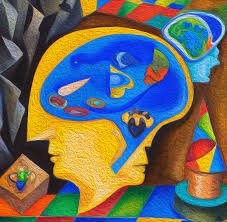
Creativity and Inspiration: Thinking Outside the Box
Creativity is a marvel of the human mind that can take many expressions. Think of
composers like Bach or Mozart, scientists like Marie Curie or Einstein, the computer whiz kids in Silicon Valley or the chef who has created a new way to fry chicken.
What does science tell us about creativity? And are there ways to nurture it?

Intuition: What It Is, How It Works
Intuition a phenomenon that many people experience, but its biological basis is still an area of ongoing research and exploration. In this paper I shall review some of the most relevant biological findings and also address the question, “Can we really rely on intuition, or is it a counsel to failure?

Social Isolation: The Effects of Chronic Loneliness on Health and Longevity in the Elderly
Negative social expectations tend to elicit behaviors from others that confirm the lonely persons’ expectations, thereby setting in motion a self-reinforcing loneliness loop in which lonely people actively distance themselves from others. This might explain not only the sadness that accompanies loneliness but also the palpable sense of danger.

The Scourge of Food Addiction: Lose Unwanted Weight in Healthy Ways
We examine the psychological and biological factors that have been identified as contributing to food addiction and to suggest some proven ways to improve your relationship to food.

Fighting Cancer with Your Embodied Mind: Visualization as Medicine
Mental imagery or visualization, is a technique that involves using your imagination to create mental pictures to promote relaxation and healing. Visualisation can power up the immune system and destroy cancer cells. It is not a substitute for medical treatment.
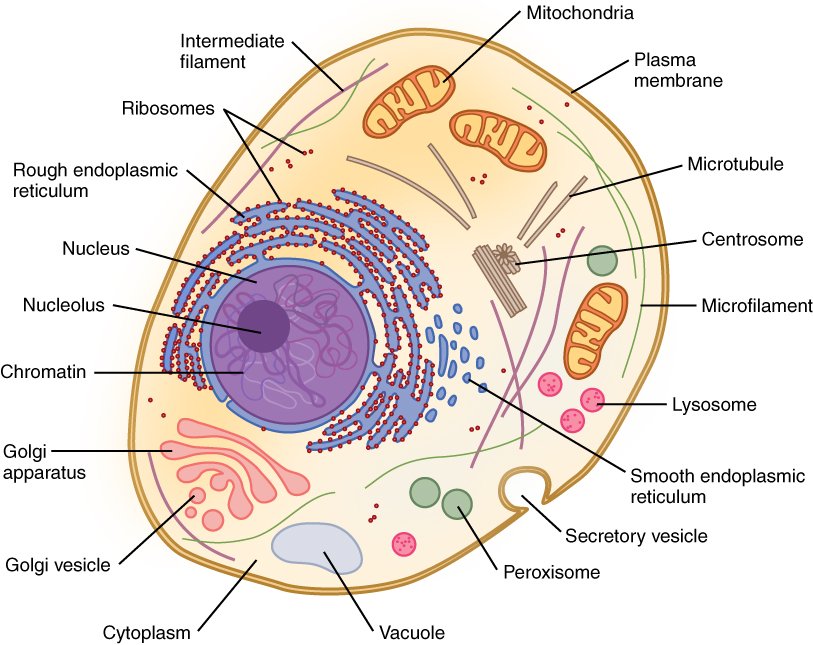
John J. Bonaduce PhD., Mythobiogenesis: The Cellular Origin of Myth, Religion, and Ritual
Mythobiogenesis seeks the origin of myth, religion, and ritual not only in the vastness of human history, but in the confining nucleus of a human cell. This place of origin is designated as the “trysting place,” the secret rendezvous of mind and body. Data in support of the existence of such a trysting place abound. These data exist in the forms of our most transcendent myths, our most sacred scriptures, and even in our most cherished bedtime stories.

The Emerging Science of Integrative Medicine: From IV Vit C to Mistletoe Injections
A large body of evidence is accumulating suggesting that VitC, when administered intravenously and in high doses, has potent cancer-selective cytotoxic, and toxicity-reducing properties. The administration of mistletoe is controversial due to suboptimal trials and a lack of data supporting its intravenous administration. DNA+ therapy is generally accepted as valuable.

Depression: Good-bye Serotonin, Hello Stress and Inflammation
The overwhelming feeling that a majority of Black women living on the South side of Chicago expressed was one of “being trapped.” These women suffered increased mental distress in the form of PTSD, depressive symptoms, and glucocorticoid receptor gene regulation.

New Directions in the Treatment of PTSD and Traumatic Brain Injury (TBI)
It has been known for some time that the human-animal bond is a mutually beneficial and dynamic relationship that positively influences the health and well-being of both.
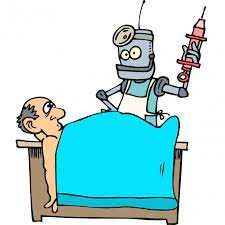
The Conscious Robot: The Good, The Bad and The Really Awful
Hod Lipson, is the director of the Creative Machines Lab at Columbia University. According to Lipson, creating a machine that will have consciousness equal to humans will surpass everything else we’ve achieved. “So eventually these machines will be able to understand what they are, and what they think.” Lipson wants to create conscious robots.
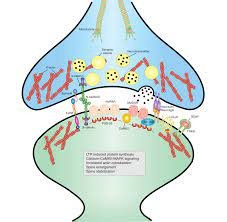
The Bedrock Theory of Memory: How Memories are Formed, where they are Stored
The long-held theory that memory is stored in the synapses of the brain is described and serves as an introduction to the next instalment on this subject which will offer a critique of this concept and suggest alternative explanations.
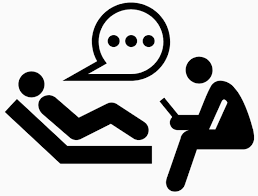
Shopping for a Therapist: Buyer BewareA Micro Guide to a Mega Challenge

Thought Reading, Mind Hacking: the good, the bad and the ugly
While thought reading techniques can help patients with locked-in syndrome communicate and feel human, the same techniques could also serve neferious purposes such as extracting information from opponents of the government, soldiers caught by the enemy and the like.
